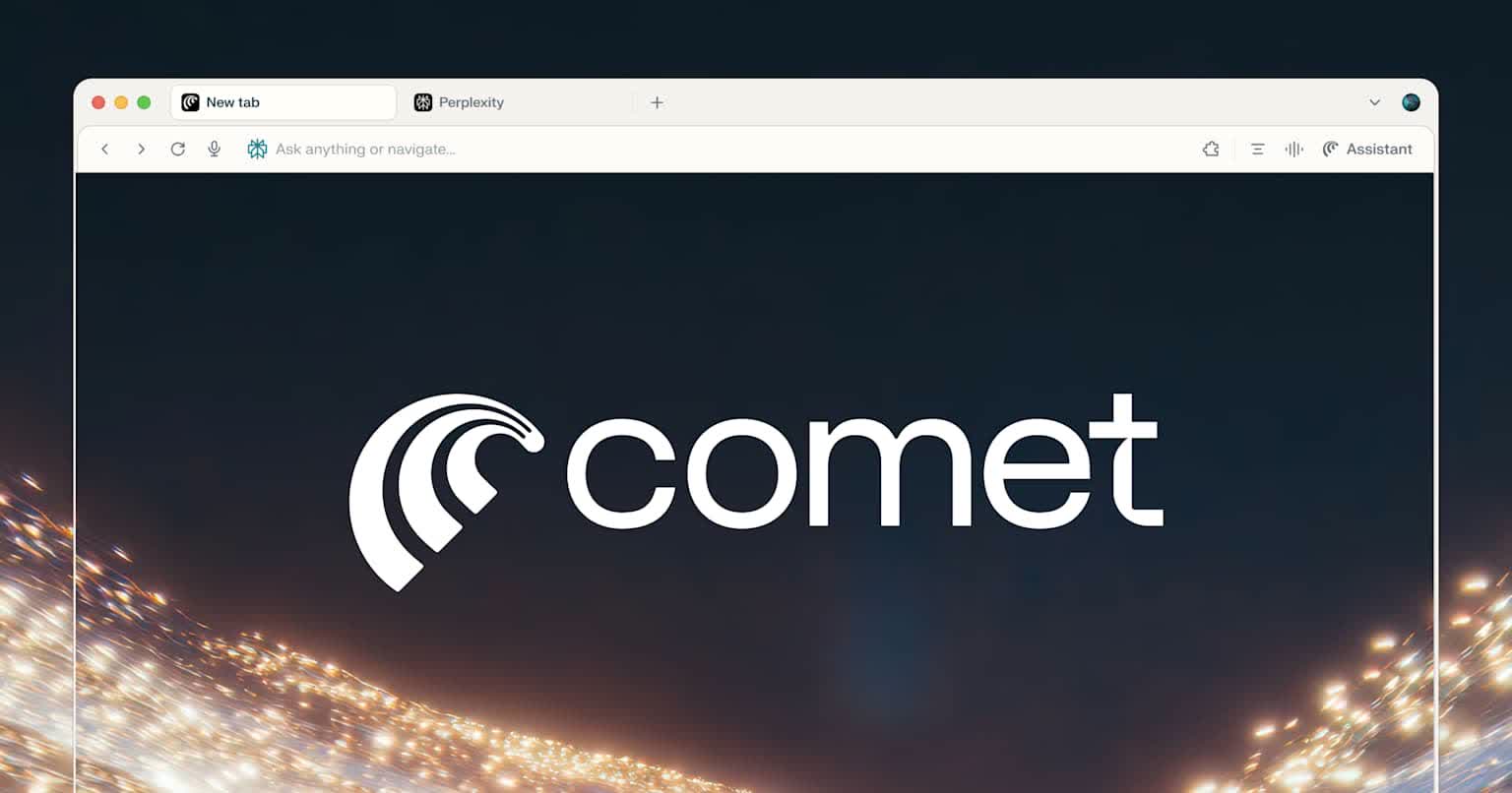Something to look forward to: A new wave of artificial intelligence is reshaping how people interact with the web, as OpenAI and Perplexity AI take aim at Google Chrome's long-standing dominance in the browser market. Once defined by incremental updates and speed improvements, the browser landscape is now being redrawn by the promise of AI-powered tools that can understand, assist, and act on behalf of users.
According to three people familiar with the matter who spoke to Reuters, OpenAI is preparing to launch its AI-powered web browser in the coming weeks. Built on Chromium, the same open-source foundation used by Chrome and Microsoft Edge, the new browser will integrate AI features directly into the browsing experience.
Rather than simply displaying web pages, it aims to keep more user interactions within a ChatGPT-style conversational interface, allowing users to complete tasks such as booking tickets, summarizing content, or filling out forms without leaving the browser window.
The move gives OpenAI a direct line to user data, a resource that has long fueled Google's advertising empire. Chrome's ability to track detailed browsing behavior has helped Google maintain dominance in online advertising, with the browser now commanding more than two-thirds of the global market and a user base exceeding 3 billion as of 2025.
OpenAI's ambitions come at a time of growing regulatory scrutiny of Google's business practices. The US Department of Justice has called for the divestiture of Chrome following a federal judge's ruling that Google holds an unlawful monopoly in the online search market. While Google has vowed to appeal, the decision has created a rare opening for challengers to make their move.

Perplexity AI has already entered the fray. On Wednesday, the company launched Comet, an AI-powered browser that combines real-time search, privacy tools, and an intelligent assistant capable of automating user tasks. Initially available to subscribers of Perplexity's $200-per-month Max plan, Comet will expand to a wider audience via invitation later this summer.
Comet allows users to ask questions, compare products, schedule meetings, and conduct research within a unified interface. Its built-in assistant can summarize emails, manage tabs, and even complete purchases, all while storing data locally to appeal to privacy-conscious users.
This push by AI challengers comes as Google continues adding AI features to Chrome, including AI-generated summaries and productivity tools. Meanwhile, startups like The Browser Company and Brave are also introducing AI-powered browsers, intensifying competition in a market that has seen little disruption for over a decade.
As these new browsers roll out, the stakes are high. If OpenAI's offering catches on with ChatGPT's estimated 500 million weekly active users – or if Comet's agentic approach resonates with professionals and researchers – Google Chrome's long-standing dominance could finally face a real challenge.
